Partner with our
Work-4-Water Program
We’re seeking new wastewater organizations and community partners to connect with and improve our Work-4-Water program!
Interested in partnering with Work-4-Water or want more information?
Join the Mission
The Work-4-Water (W4W) program addresses the critical need for additional wastewater professionals in Hawaiʻi. To convert 83,000 cesspools by 2050, as mandated by the Hawaiʻi state legislature Act 125, the state will need thousands more workers to enter and support the capacity needs of the growing industry.
-
The W4W program focuses on serving the two islands with the highest number of total cesspools, Hawai‘i Island and Maui, by providing an entry-level wastewater education course focusing on the Hawai‘i wastewater field and the application of individual wastewater systems.
In the past year and a half, WAI has educated over 70 participants for careers in the wastewater profession. W4W aims to increase the visibility of the wastewater industry as a promising career pathway and works closely with local communities to attract and inspire the essential technicians needed to tackle this complicated issue. WAI is committed to supporting communities in meeting these technical needs now and in the future.
-
Week 1: Wastewater Pollution and Impacts
Wastewater Pollution and Impacts will introduce wastewater management by defining basic components within wastewater before detailing the human health and environmental impacts of wastewater pollution.
Many factors make up the composition and sources of wastewater.
The importance and need for wastewater management.
Wastewater pollution impacts environmental and human health.
Week 2: Wastewater Science
Wastewater Science will build on our understanding of wastewater management by explaining the importance of water quality testing, the nitrogen cycle, and the role of soil in wastewater systems.
The importance of monitoring and testing the effectiveness of wastewater treatment processes.
The role of soil in wastewater treatment and disposal system installation.
The nitrogen cycle in wastewater and its impacts on the environment and human health.
Week 3: Hawaiʻi Wastewater Problems and Policies
Hawaiʻi Wastewater Problems and Policies explains the current problems and policies of wastewater treatment in Hawaiʻi, including the laws and regulations that govern it, the different types of sanitation systems, the factors that influence the selection of a system for a particular location, and a global perspective of wastewater and sanitation practices around the world.
Wastewater treatment practices and policies on a global, national and local level.
The problem with cesspools in Hawaiʻi.
How sanitation systems can be characterized and the levels of wastewater treatment in different systems.
Site conditions and regulations that influence the selection and approval of wastewater treatment and disposal systems.
Week 4: Wastewater Treatment Technology
Wastewater Treatment Technology introduces the different types of wastewater treatment methods of decentralized onsite systems. The webinar will explain the design, installation, operational and maintenance requirements of these wastewater treatment systems. This topic will cover the “treatment train” functions of onsite treatment systems from the wastewater source to disposal with a focus on the “initial treatment phase”. Wastewater treatment technology systems covered in this topic include Alternative Toilet Technologies, Septic Tanks, Aerobic Treatment Units, Recirculating Filters and Disinfection treatment systems.
Site-specific factors that impact onsite system selection.
Design, installation, operational and maintenance requirements of Hawai‘i approved onsite treatment systems.
Week 5: Emerging Trends and Technologies in the Wastewater Industry
Introduction to the approved systems of the final treatment/ disposal phase of the wastewater treatment train including seepage pits, soil absorption systems, geotextile sand filter disposal systems. This topic will also introduce technology options that are included in the Hawaiʻi Administrative Rules (HAR) 11-62, but require approval of specific design and specifications like mound systems, drip dispersal, and nature based disposal systems. Topic 5 will also review innovative technologies that require a detailed Department of Health Wastewater Branch (DOH WWB) design approval and emerging technologies that do not currently have an approval process.
Design, installation, operational and maintenance requirements of Hawaiʻi approved disposal systems.
Overview of new emerging technologies as well as innovative treatment and disposal systems that require approval in Hawaiʻi.
Week 6: Wastewater Industry Preparedness
Career exploration and planning, including interview preparation
Final project applying knowledge gained throughout the course
Identify key job functions for careers in the wastewater industry.
Recognize educational and training opportunities available for wastewater career advancement.
Hoʻike or Graduation ceremony celebrating learning and skills gained
-
The beneficiaries of our wastewater introduction training program will primarily be high school students, Native Hawaiians and Pacific Islanders, dislocated workers, incumbent workers, and new entrants who require the skills necessary to comply with the pressing cesspool conversion mandate. As Hawaiʻi and Maui Counties are rural and remote, many of these communities have historically been underserved.
-
-
Influence: Advisory council members have the opportunity to influence decision-making processes and contribute to the development of policy recommendations, and program formation. By sharing expertise and insights, advisory council members can help shape the direction and focus of the individual wastewater system industry within Hawaiʻi.
Networking: The Advisory council provides opportunities for members to network with other professionals in their field. This can lead to new business opportunities, expansion of workforce, partnerships, and collaborations, as well as the sharing of best practices and innovative ideas.
Professional Development: Serving this advisory council can provide valuable professional development opportunities, such as learning new skills, gaining knowledge about industry trends, and staying up-to-date on emerging technologies.
Community Involvement: Advisory council members play a crucial role in their communities by providing input and guidance on issues that affect the community. By participating in an advisory council, members have the opportunity to give back and make a positive impact on their community.
Recognition: Serving on this advisory council can provide recognition and visibility for members, both within their organization and in the broader community. WAI will feature organization participants on the website and at our public outreach. This can enhance their professional reputation and increase their credibility as a leader in their field.


